Are you considering volunteering your time with animals?
Before you go, make sure you do your research to find an ethical wildlife charity. I cannot stress this enough. You want to ensure your time and hard-earned money is going into the right hands. The animals and local communities must receive the benefit. You want to support a charity that has the animals best interest at heart.
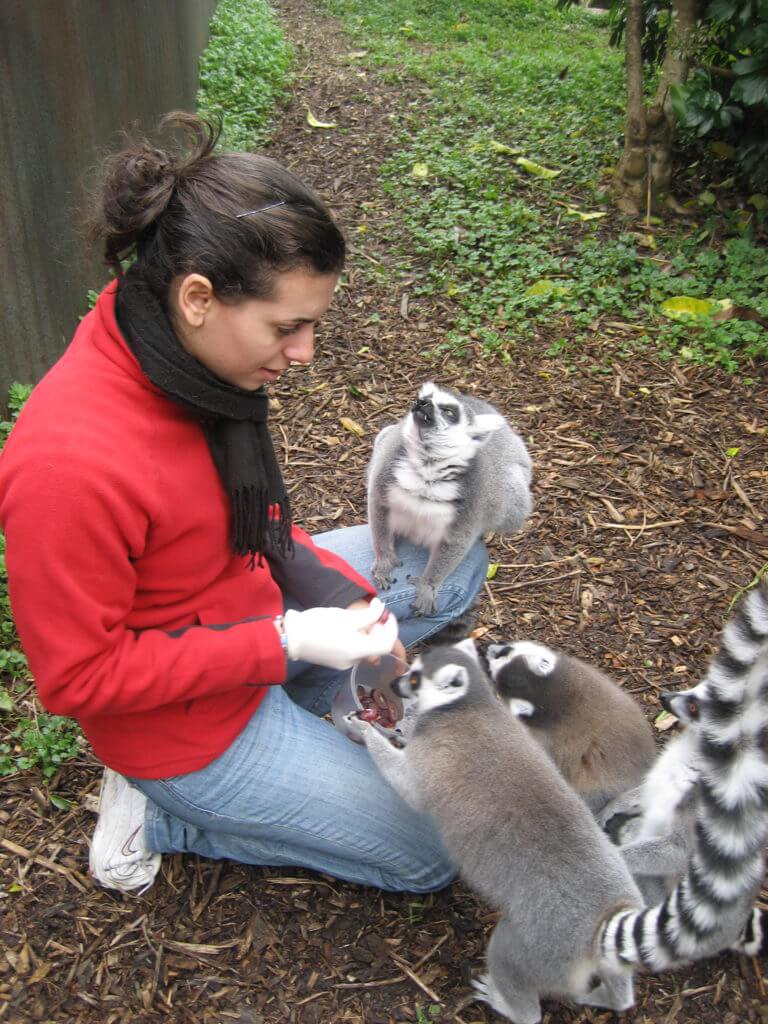
The volunteering industry can be divided into two sectors:
Independent Volunteering: This is where you organise your own travel and communicate directly with the charity. You might do this before you leave for your destination or find a place once you are already abroad. This will give you the opportunity to explore the local area and even ask around for suitable wildlife projects.
Voluntourism: This is where a company advertises a variety of volunteer projects available around the world and you select which one you want to do and they help place and manage your trip. Essentially, they are the middleman between you and the charity.
If you decide to go with a Volunteer Tourism/Voluntourism Project, please be careful which company you choose. These experiences can be very expensive, unfortunately, the costs do not relate to the company’s level of responsibility. Often you will find that most of the funds are not actually going to the charity.
Whether you decide to go through a company or directly to the organisation, make sure you consider the next few points. This will ensure you are aware of the presenting issues in the industry and know how to avoid the possible negative consequences of volunteering with animals.
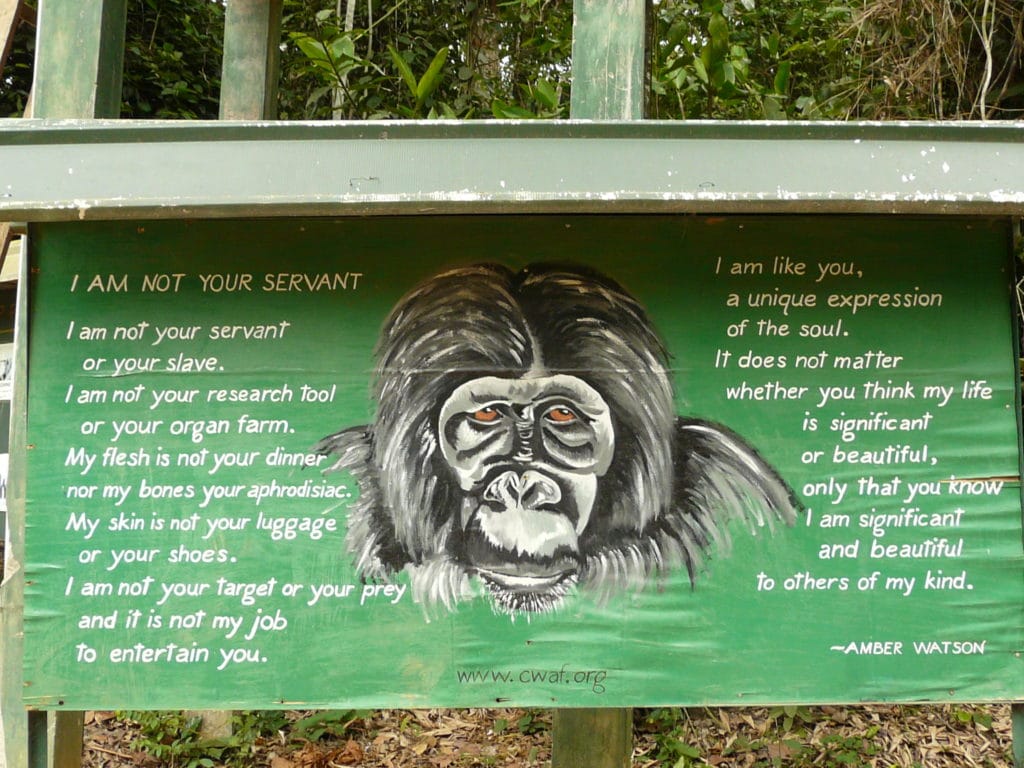
Match your expertise and experience to the project:
Although many wildlife charities will accept people with no animal experience, make sure you ask yourself what your intentions and goals are of volunteering with animals. You must be determined, physically fit for strenuous long days and have a willingness to listen and learn from the staff and other volunteers. Each organisation runs differently, and if you do have prior animal experience, don’t walk in feeling that you know it all.
These organisations are open to feedback if it is constructive and feasible for their abilities and resources. If you have teaching experience, are a construction worker or have an IT/marketing background, these skills could all be used for their projects in a variety of ways. You would be able to help with the day to day tasks, as well as enhance the charity in other ways. Don’t be shy to let them know your area of expertise when applying. When you inquire, make sure you ask questions about what you will be doing, where you will be living and what is expected of you. Your queries should be appreciated. If you don’t get answers or don’t trust the ones you hear, reconsider your choice and move on.
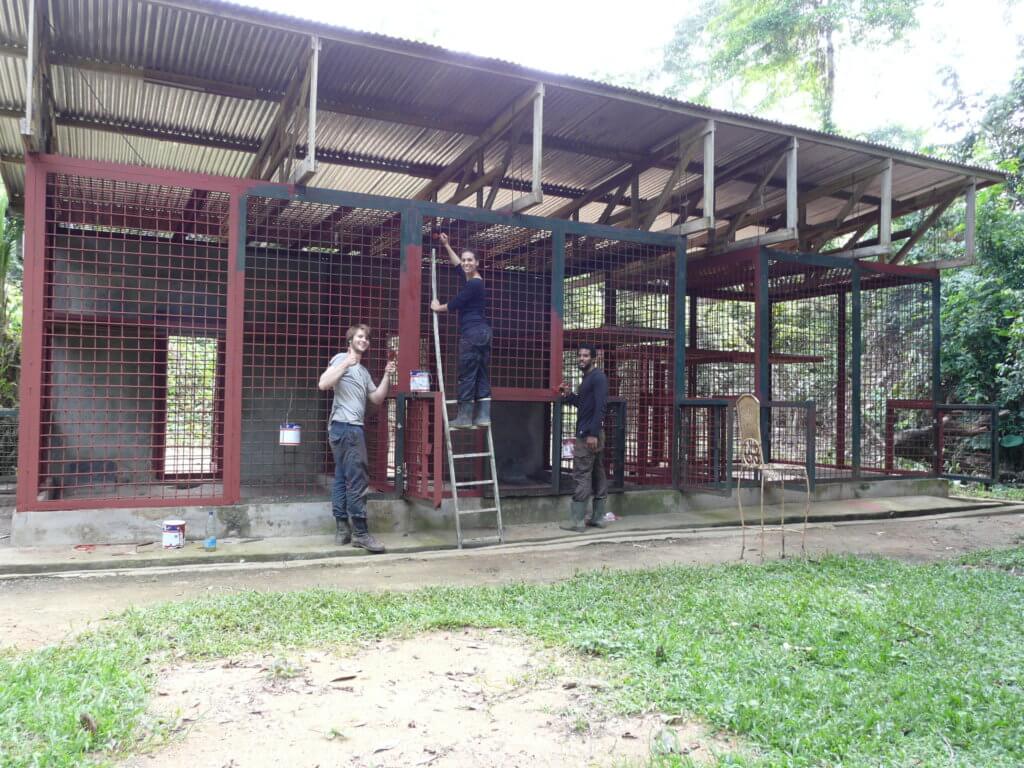
Ask for a breakdown of where your money is going:
The majority of wildlife charities around the world offer volunteer opportunities at a cost, some higher than others. This often depends on the running cost of the charity. Although you are volunteering your spare time to help, you will be charged a set amount depending on your length of stay. This money covers your accommodation, food, and someone to train you. Since your volunteer fee goes directly to your living costs, some charities request a donation on top of your volunteer fee, if it is not already included. They often advise you to fund-raise this donation to increase awareness about the project to a wider community.
A significant number of wildlife projects rely entirely upon donations from volunteers or members of the public to continue running and providing the care and support required for each animal. Whether you decide to contact a charity directly or go through an external company to organise your volunteer trip, ask for a breakdown of where your money is going. Volunteers should not be exploited for a profit. If they are not honest about where your money is being used, then be suspicious. Do not support charities or companies who are not transparent about their breakdown of fees. Instead, find another charity or company that you feel comfortable supporting.
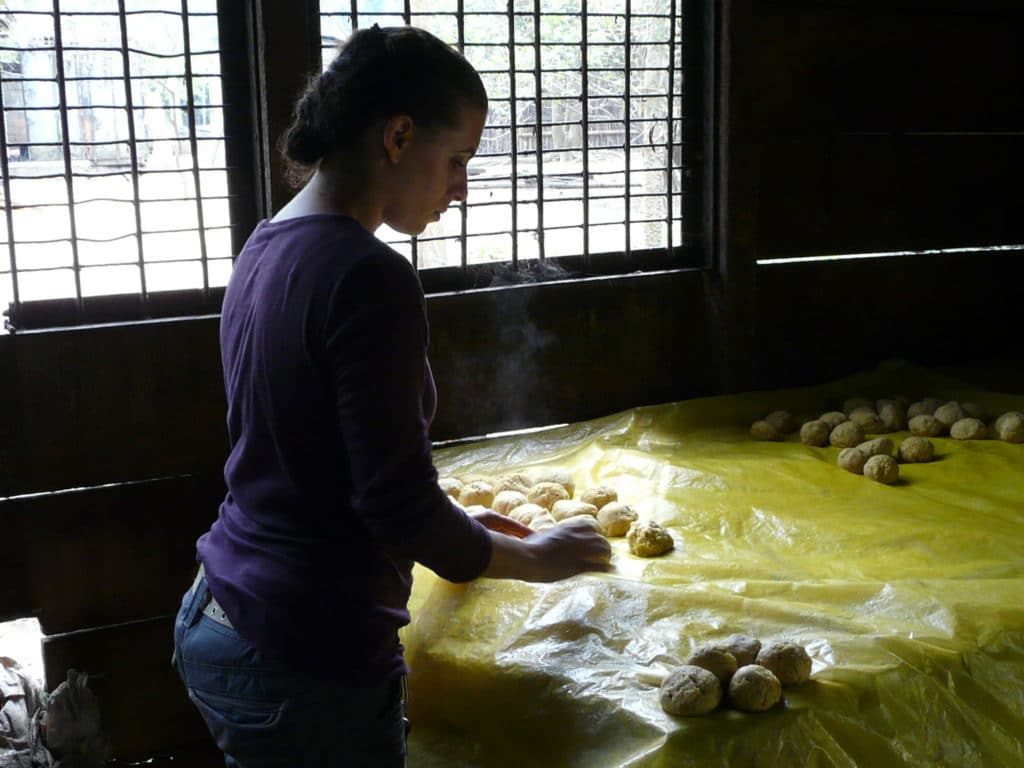
Don’t expect to have hands-on contact with the animals:
This is an important point. The majority of wildlife charities do have a hands-off approach which you have to support. This is for the animal’s well-being and to avoid cross-contamination of potential diseases. Adult wildlife can be dangerous, due to their size and/or physical strength and their history prior to arriving at the charity. The history of the animal prior to its arrival is not always known. You must be mindful and respectful towards the animal’s recovery and the volunteer rules. This is extremely important for your safety and the animals. In some cases, a charity does allow a hands-on approach, however, do not expect this as a given, as you may leave disappointed.
You should be going with the goal to assist the charity where it is most needed. Not for the guarantee of holding a cute baby monkey or cuddling a cub, etc. If you want to volunteer with wildlife, you need to be respectful of the animal’s welfare. If an animal is to be released into the wild, human contact should be kept to a minimum. The main aim of a wildlife charity should be to rescue, rehabilitate and release animals where possible. Cleaning enclosures, preparing food, enrichment’s and grounds maintenance should be the bulk of your day-to-day life as a wildlife volunteer.
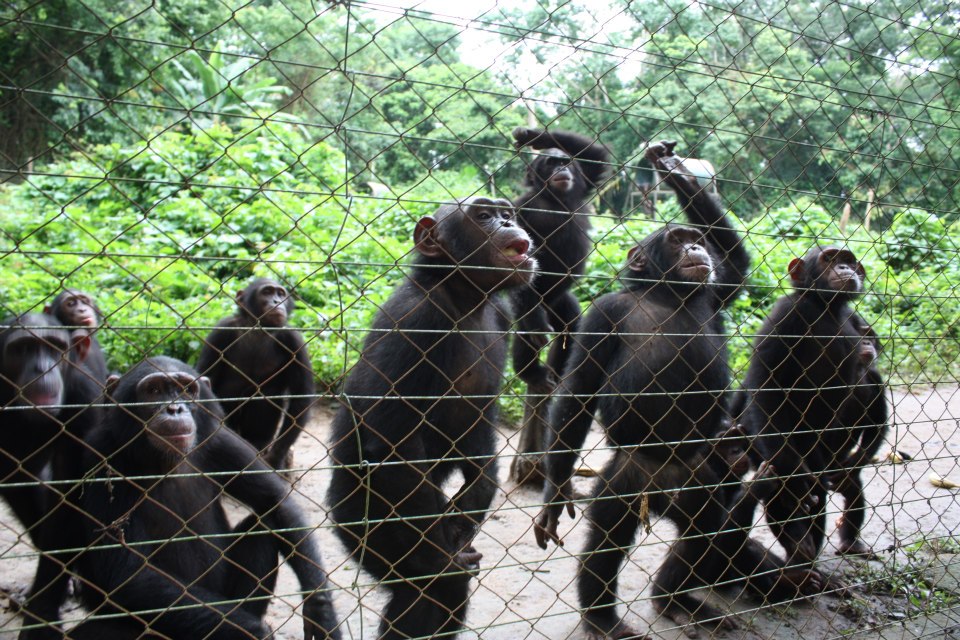

Keep in mind the length of time you can offer:
Many of the ‘voluntourism’ placements are designed with the intent of providing an enjoyable experience. That perfect Instagram worthy photo rather than fulfilling a specific need within the community and charity. To make a difference and to be of any benefit you really do need to spend a significant amount of time at the wildlife charity. It is such a big investment for staff to train you and get some benefit from your stay.
Unfortunately, volunteers who stay less than 3-4 weeks in duration often do not have any real benefit to the charity. In one week, most volunteers will just be grasping an understanding of their role, responsibilities, and objectives at the charity. Consider how much time you can offer and whether it would be better to donate your volunteer fee instead. Many charities do list their minimum stay requirement on their website. Make sure you can give them this time or more. The more time you can give, the more benefit you will be to the charity and the animals in their care. It is important to understand that the animals are the priority and not a tourist attraction. Long-term stays are ideal so planing your travels accordingly is more sustainable.
Find a place well-connected with the local community:
You want to ensure the staff are from the local community. This gives them a secure income rather than opting for illegal practices such as poaching, or the wildlife pet trade. The charity should be working with local schools and communities to make them aware and supportive of the charities mission. To change attitudes towards the treatment and protection of animals and their environment can only successfully be implemented through community education and awareness. The local people will feel included and supported and will be more understanding of the charities goals. They will also be more accepting of international volunteers in the area.

Does the charity have a breeding program?
You do not want to support a charity that intentionally allows the animals in their care to breed, without the outcome of being released. Breeding captive animals and then allowing visitors to interact with the young is irresponsible and a money-making scheme. This type of charity does not have the animals best interest at heart. They will then need to ensure they have a constant supply of young animals on display for the visitors. Whether they breed them onsite or purchase them elsewhere is unacceptable and has no real conservation value for the species. These animals, once adults would be unsuitable for release. They would be too habituated to humans and would cause a risk if released. This then adds to the problem of unwanted animals.
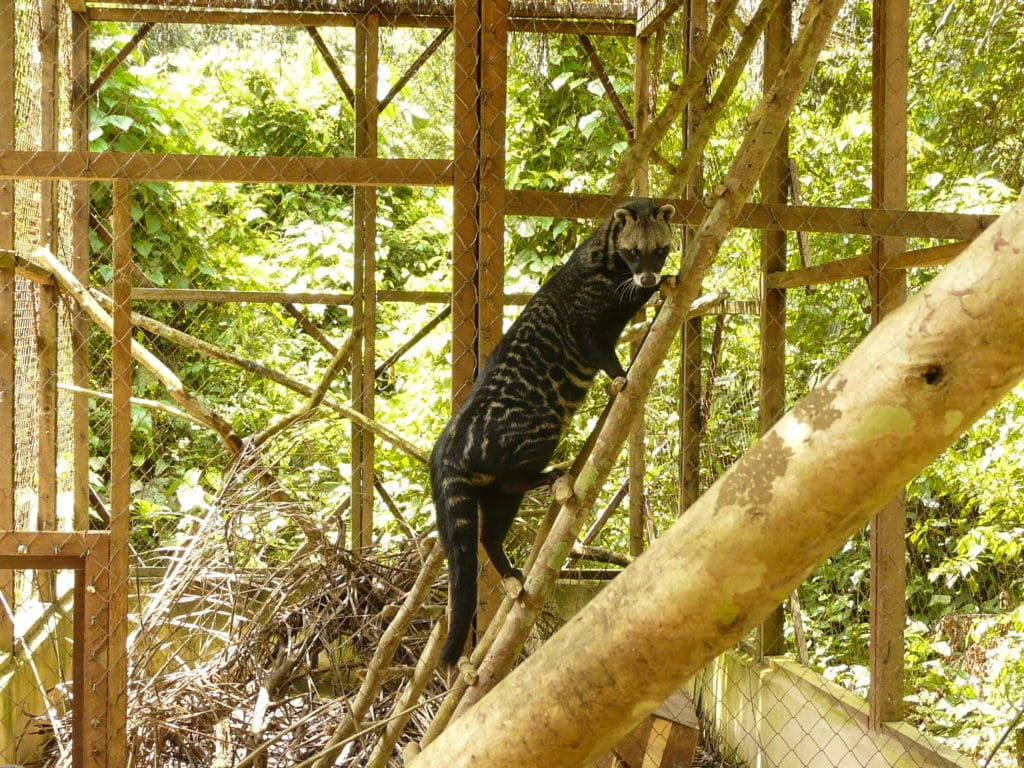
Ask to get in touch with people who have already volunteered:
Find out more about day to day life at the charity and what is expected from the volunteers. Ask if you can be put in touch with previous volunteers. A charity with nothing to hide will happily connect you with prior volunteers. Often charities have their own private Facebook groups for past and present volunteers, to keep in touch and up to date. If this is not the case, they may be able to provide an email address of a prior volunteer? I have done this and received relevant information, which helped me with my expectations, how to prepare and how to manage myself in a foreign country.
Some questions you should ask are:
What did you like or dislike about the charity?
Did you feel you were making a positive difference?
Would you volunteer with them again?
What do you wish you had known before starting?
Did you pay a fee and what did it cover?
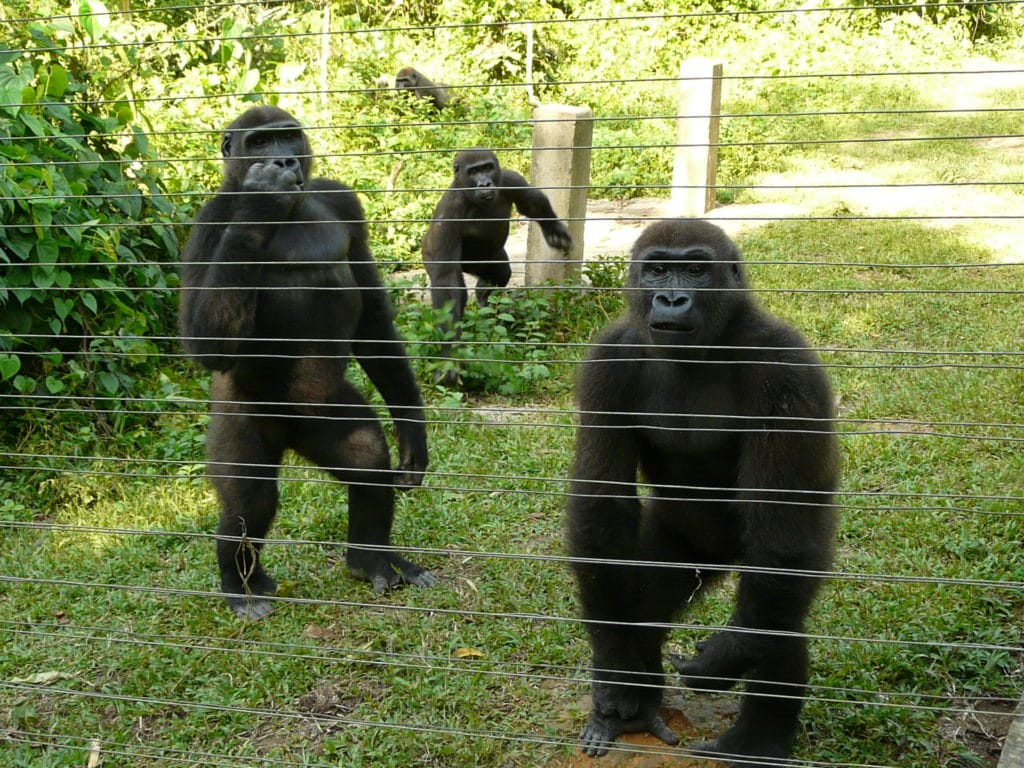
Volunteering your time is a wonderful selfless act:
It’s an opportunity for us to give back, to learn new skills and potentially share our skills. You will make new friends while learning about different cultures. Most importantly you will gain a greater understanding of the struggles many animals are facing. You will become their voice. Although finding a suitable charity may seem a little daunting to start with, the reward will far outweigh this challenge. You will be able to make a real impact, not only on your life but the lives of so many animals. The points I have mentioned are so important. Please do your research and find an ethical and sustainable wildlife charity to support.
Good luck and thank you from the bottom of my heart!
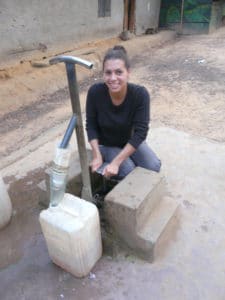 This post was originally featured on Travel for change Blog.
This post was originally featured on Travel for change Blog.
Cherie Julie is the founder and has a wonderful blog, full of inspiring and educational posts related to travel throughout Asia in a sustainable and ethical manner. Please help me in supporting her and her mission.
Website: https://www.travelforchange.net/
Instagram: https://www.instagram.com/travelforchangeblog/
Facebook: https://www.facebook.com/travelforchangeblog/
Thanks for reading!
Please leave a comment about anything you read, or if need any advice. I would love to hear from you.
You can join my community on Instagram and Facebook to keep up to date with what I’m up to around the world! xx
Leave a Reply